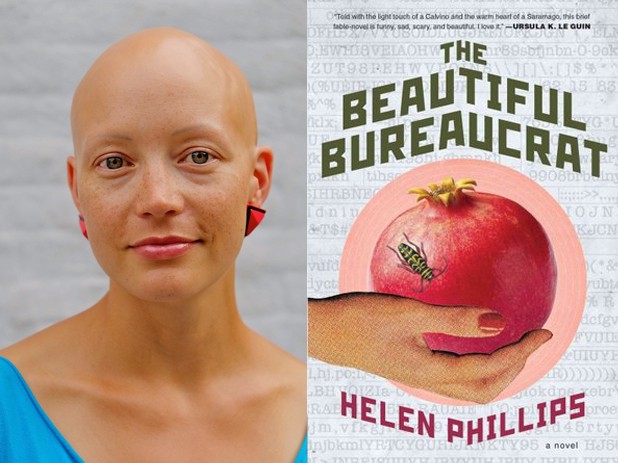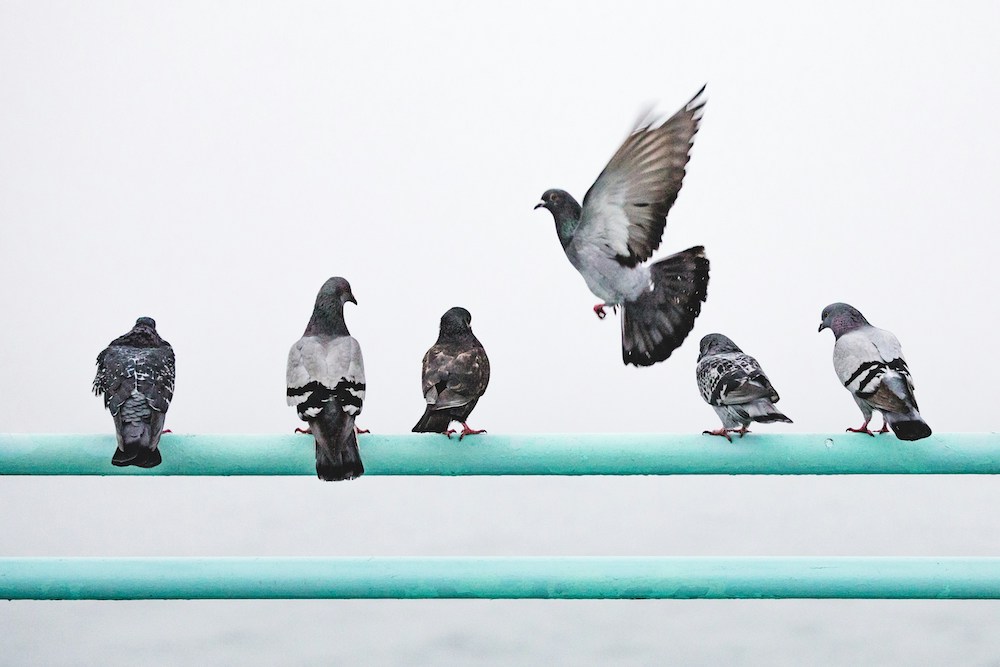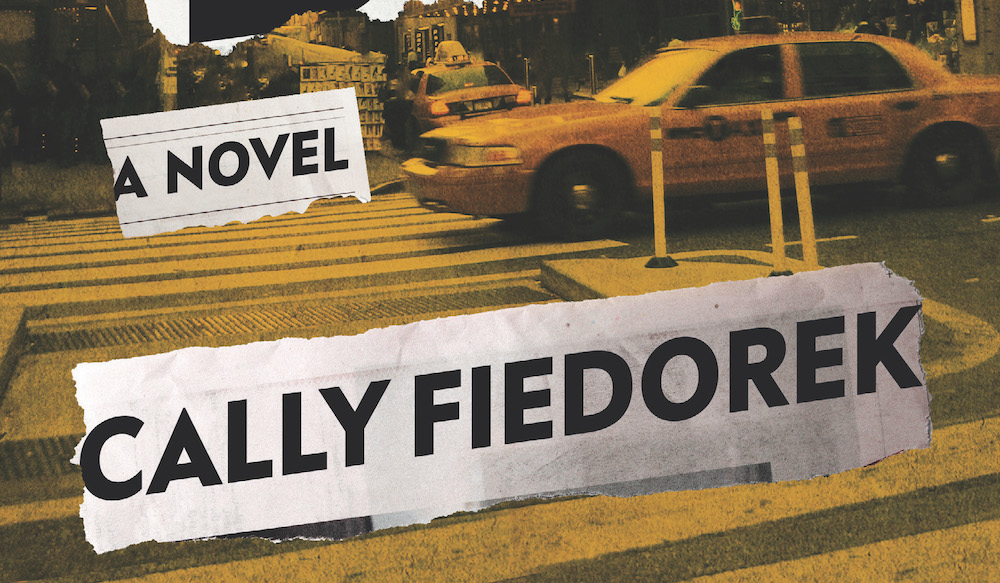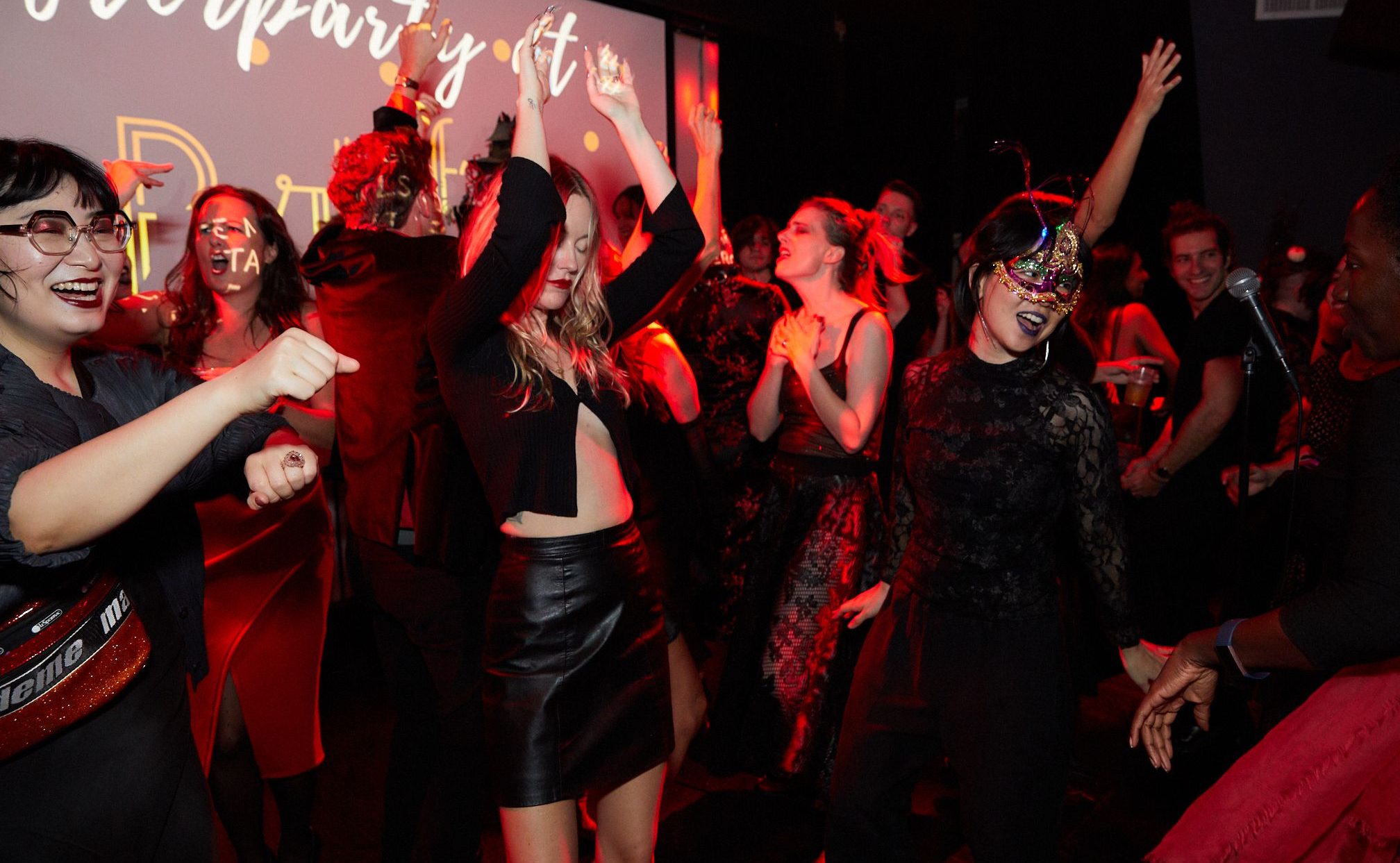interviews
If You’re Going to Do It, Go All the Way: An Interview with Helen Phillips

Helen Phillips’ novel The Beautiful Bureaucrat is excerpted in this week’s issue of Recommended Reading. In the interview below, Phillips discusses her influences, her writing process, and the construction of a good sex scene.
Katie Barasch: The Beautiful Bureaucrat is filled with wordplay. Even naming your characters Joseph and Josephine is, in a sense, a kind of word play. Is the wordplay just for fun, or does it have a larger purpose?
Helen Phillips: Wordplay is fun (I’ve always been a sucker for puns and other linguistic coincidences), and in everything I write I’m interested in playing with language, but in The Beautiful Bureaucrat, the wordplay does serve a larger purpose. As Elliott Holt put it in her eloquent introduction to the excerpt from the book recently published by Electric Literature, Joseph and Josephine’s “connection is built on language: they construct their own world with words. Everything around them is unsteady … so it is language they depend on.” Their wordplay is a source of power for them as they grapple with an unknown city. And then, toward the end of the book, it becomes clear that the wordplay is critical to the plot, but now I’m verging into spoiler territory, so I’ll leave it at that.
Barasch: In addition to your story collection And Yet They Were Happy, you wrote a young adult novel called Here Where the Sunbeams Are Green. Did the experience of writing for a younger audience help or inform your approach to writing The Beautiful Bureaucrat? Do you see any hardline differences between the proclivities of children and adult readers?
Phillips: With And Yet They Were Happy (an inter-genre collection comprised entirely of two-page stories), I was largely focused on image, language, metaphor, surreality. With Here Where the Sunbeams Are Green (an adventure story for middle-grade readers), I wanted to create a dynamic mystery plot with a clear arc and well-developed characters. In writing The Beautiful Bureaucrat, I attempted to do all of the above, pulling on skills honed while I was writing each of my previous books; they both served as training for this one. I think children and adults alike respond to a wide range of emotions and events, but I do feel more at liberty to include certain non-sequiturs when writing for adults.
Barasch: You’ve recently been compared to writers such as Aimee Bender, Franz Kafka, and Haruki Murakami. Did these authors influence you while you wrote? What did you read while working on this novel?
Phillips: Franz Kafka and Haruki Murakami were very much on my mind as I was writing. The list goes on: Shirley Jackson, Italo Calvino, Margaret Atwood, Jorge Luis Borges, Kurt Vonnegut, Kelly Link. And in addition to these creators of alternate worlds, I was also thinking about the precision and condensation of language, so Lydia Davis, Amy Hempel, Maggie Nelson.
Barasch: The claustrophobia of a big city is powerfully rendered in your novel. How important is your own location in your writing process? Did moving from Colorado to New York affect your writing in any significant way?
Phillips: Though the city in the book goes unnamed, it does grow from my own experience living in Brooklyn. I hope that it reads as a sort of dark ode to city life, to its moments of bleakness and its moments of beauty. Location colors everything for me, both in terms of my life and my writing. I could never have written this book without having lived in an urban place for a long period of time, without being permeated by the shadows and brilliance of New York City.
Barasch: In an article for New Republic, Jeet Heer writes: “In good fiction, sex is most effective when integrated with the larger goal of the book: with plot, tone, and character development.” I was impressed by the sex scene between Joseph and Josephine in this excerpt — it was intense and multi-layered, and funny or chilling, depending on who you ask. How do you decide when to “fade to black,” so to speak, and what to make explicit?
Phillips: Compelling sex scenes in fiction are not that easy to come by; some of my favorites are in Zadie Smith’s On Beauty. The sex scenes in The Beautiful Bureaucrat are critical to the plot, and also to the exploration of Joseph and Josephine’s new marital tensions. For the excerpt published by Electric Literature, we actually had to cut one sex scene (we feared, perhaps unnecessarily, that two sex scenes might have been a bit much for such a short selection from the book), so there’s a “fade to black” moment partway through the excerpt that is not a “fade to black” in the book itself. I generally tend more toward the explicit than the fade out — if you’re going to do it, go all the way.
Helen Phillips is the recipient of a Rona Jaffe Foundation Writer’s Award and the Italo Calvino Prize, among others. Her collection And Yet They Were Happy was named a notable book by the Story Prize, and her work has been featured on PRI’s Selected Shorts, and in Tin House, BOMB, and The New York Times. An assistant professor of creative writing at Brooklyn College, she lives in Brooklyn with her husband and children.









